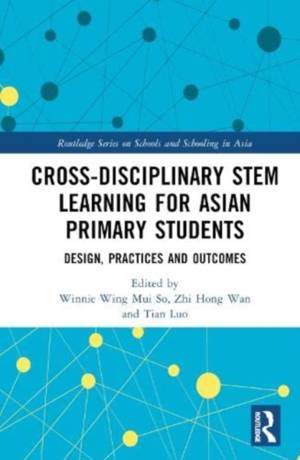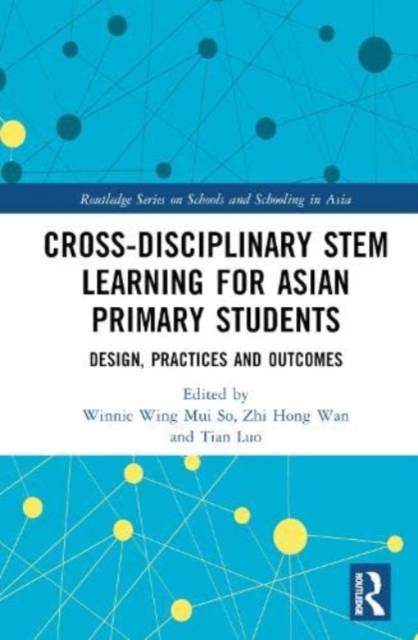
- Retrait gratuit dans votre magasin Club
- 7.000.000 titres dans notre catalogue
- Payer en toute sécurité
- Toujours un magasin près de chez vous
- Retrait gratuit dans votre magasin Club
- 7.000.000 titres dans notre catalogue
- Payer en toute sécurité
- Toujours un magasin près de chez vous
Cross-Disciplinary Stem Learning for Asian Primary Students
Design, Practices, and Outcomes
Description
Given the importance of student learning in the various types and integration of STEM education, this book provides a landscape of cross-disciplinary STEM learning in Asian primary schools, and a systematic overview of design, practices, and outcomes of STEM learning implementation.
Science, Technology, Engineering and Mathematics (STEM) has continued to attract attention worldwide, and there have been calls for the promotion of STEM education in primary schools to nurture students to meet the needs of societies in terms of innovation and technology development. Since STEM is complex in nature and is related to various disciplines, the effort of a single discipline may not be as effective as cross-disciplinary efforts. This edited volume, involving an Asian team of authors, examines how cross-disciplinary STEM learning can be designed for students to achieve viable outcomes, and what opportunities and challenges have been offered to the next generation to equip them with the necessary skills, knowledge, and ways of thinking, as well as attitudes and values for lifelong learning.
A resourceful text for students, researchers, and practitioners interested in the rich development of STEM education and practical methods for a variety of learning approaches from elementary to secondary education has been provided.
Spécifications
Parties prenantes
- Editeur:
Contenu
- Nombre de pages :
- 264
- Langue:
- Anglais
- Collection :
Caractéristiques
- EAN:
- 9781032201061
- Date de parution :
- 27-11-23
- Format:
- Livre relié
- Format numérique:
- Genaaid
- Dimensions :
- 156 mm x 234 mm
- Poids :
- 562 g






